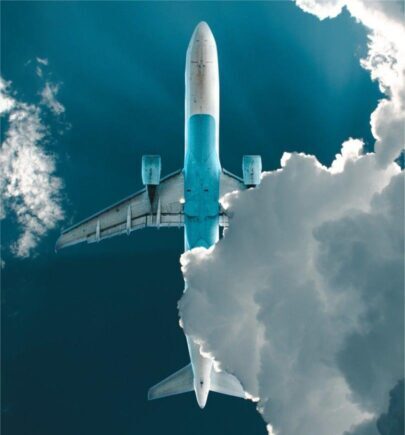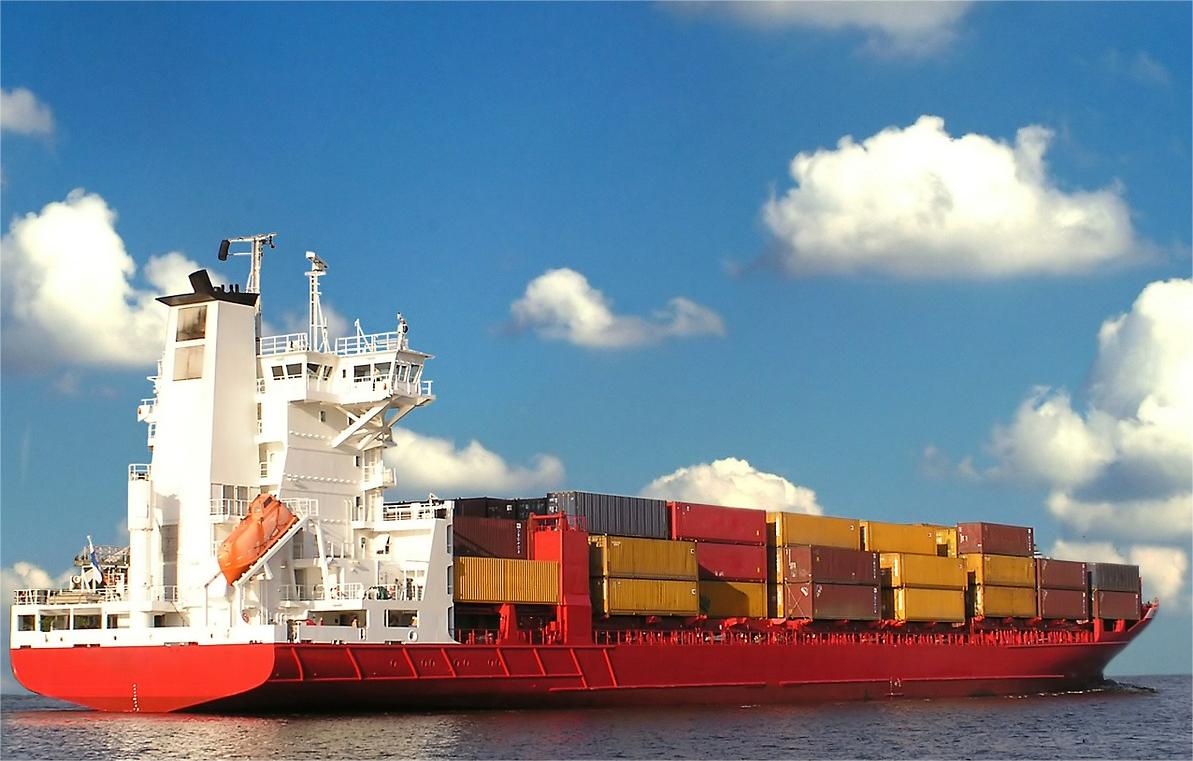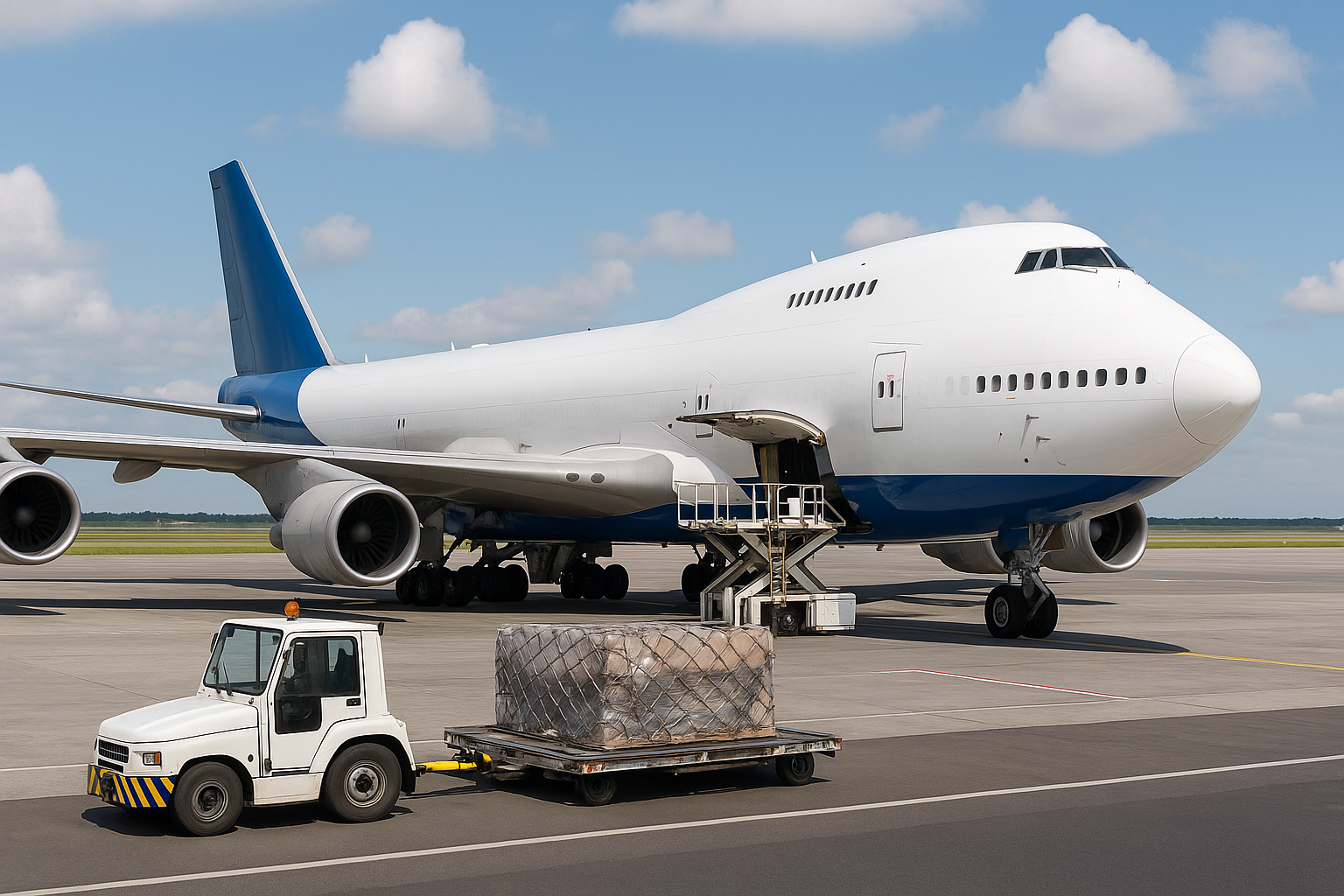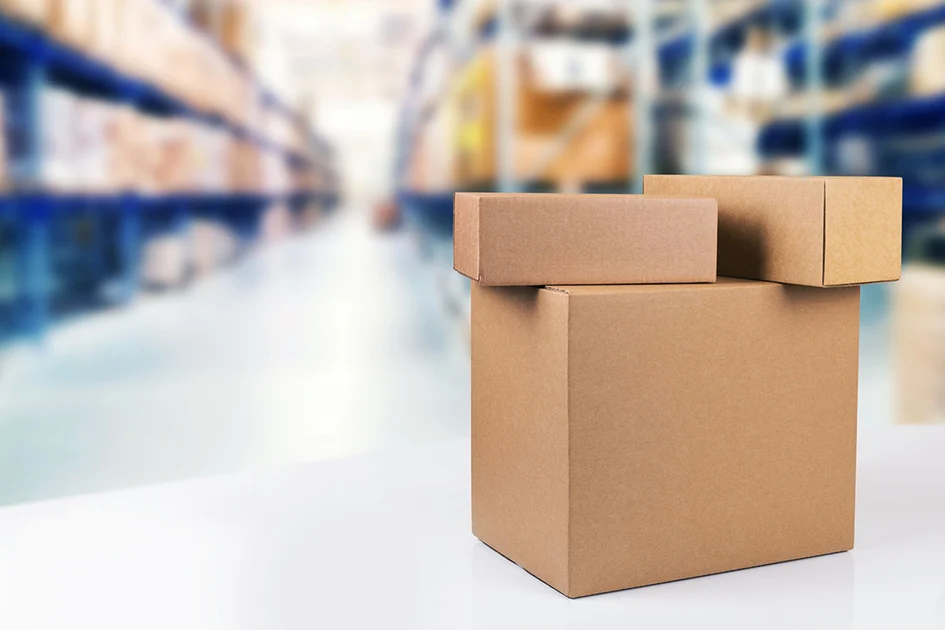- By TOP CHINA FREIGHT
- August 21, 2025
- Shipping
How to import from China to Sri Lanka is a question many businesses face when their factory in Shenzhen sends that long-awaited “ready to ship” notification. Suddenly, you’re unsure which shipping method to choose, how to prepare customs paperwork, or when your cargo will arrive in Colombo. Many importers lose time and money because they don’t fully understand the process. This comprehensive guide provides actionable insights, transit times, cost breakdowns, and practical steps to make the process smooth and predictable, whether you’re a first-time importer or a seasoned trader.

1.Why Import from China to Sri Lanka
China remains Sri Lanka’s largest trading partner, offering a wide range of products and competitive pricing. Knowing how to import from China to Sri Lanka gives your business a significant edge.
Advantages
China offers unbeatable pricing for electronics, garments, and industrial products.
From textiles to electronics, suppliers cater to every niche.
Manufacturers can tailor goods to your market specifications.
Easy to start small and expand volumes over time.
Popular Products Imported
| Category | Common Items |
|---|---|
| Electronics | Mobile phones, accessories, home appliances |
| Apparel | T-shirts, uniforms, branded fashion items |
| Machinery | Industrial tools, spare parts, manufacturing equipment |
| Household Goods | Furniture, kitchenware, décor |
2.Main Shipping Methods from China to Sri Lanka
Transportation is the backbone of how to import from China to Sri Lanka. Choosing the correct mode impacts not only cost but also delivery time and reliability.
| Mode | Transit Time | Best For | Approximate Cost |
|---|---|---|---|
| Sea Freight (FCL) | 14–22 days | Large, heavy loads | $1,500–$2,000 per 20ft |
| Sea Freight (LCL) | 18–25 days | Small, consolidated shipments | $100–$150 per CBM |
| Air Freight | 2–5 days | Medium-sized urgent shipments | $6–$10 per kg |
| Express Courier | 2–4 days | Samples, light parcels | $8–$12 per kg |

Sea Freight
Sea freight dominates how to import from China to Sri Lanka for cost-conscious importers.
Reserved for one customer, ensuring faster handling and lower risk of damage.
LCL (Less than Container Load):
Ideal for smaller shipments but may add 2–3 days for consolidation.
Popular Ports:
Shanghai, Ningbo, and Shenzhen for China; Colombo for Sri Lanka.
Example:
A 20ft container of garments shipped via FCL saves up to 25% compared to multiple LCL shipments.

Air Freight
For urgent or high-value cargo, air freight is unmatched.
Transit Time:
Typically 2–5 days.
Ideal For:
Electronics, pharmaceuticals, high-value items.
Airports:
Ship from PVG (Shanghai), CAN (Guangzhou), or SZX (Shenzhen) to Colombo Bandaranaike International Airport.

Express Courier
Global carriers like DHL, FedEx, UPS, and Aramex simplify how to import from China to Sri Lanka.
Transit Time:
2–4 days.
Advantages:
Door-to-door service, simple customs handling, real-time tracking.
Best For:
Samples, small e-commerce parcels, and documents.
3.Comparison of Transit Times Across Major Ports
| Origin Port | Sea Freight | Air Freight | Express Courier |
|---|---|---|---|
| Shanghai | 16–20 days | 3–4 days | 2–3 days |
| Shenzhen | 18–22 days | 2–4 days | 2–3 days |
| Ningbo | 14–18 days | 3–5 days | 2–4 days |
| Guangzhou | 16–21 days | 2–3 days | 2–3 days |
4.Customs and Documentation

One of the most critical parts of how to import from China to Sri Lanka is accurate documentation. Missing or incorrect paperwork leads to delays, fines, and increased costs.
Essential Documents
- Commercial Invoice
- Packing List
- Bill of Lading (for sea freight) / Airway Bill (for air freight)
- Import Permit (for regulated goods)
- Certificate of Origin (for duty exemptions)
Tips for Smooth Clearance
- Double-check HS codes with your forwarder.
- Submit documents to your Customs House Agent (CHA) 48 hours before arrival.
- Keep a digital and paper copy of all records.
5.Cost Breakdown
Understanding costs is essential for planning how to import from China to Sri Lanka effectively.
Typical Cost Structure
| Cost Component | Description |
|---|---|
| Freight Charges | Based on mode, volume, and weight |
| Customs Duties & VAT | Depends on HS code classification |
| Handling & Port Fees | Charged for unloading and documentation |
| Inland Delivery | Trucking costs to your warehouse or shop |
Reducing Costs
- Use FCL for larger shipments to cut per-unit rates.
- Plan around peak seasons to avoid congestion surcharges.
- Compare multiple forwarder quotes for better deals.
- Opt for DDP (Delivered Duty Paid) for cost predictability.
6.Common Challenges and Solutions
| Challenge | Impact | Solution |
|---|---|---|
| Port Congestion | 1–3 day delays | Book early during peak seasons |
| Documentation Errors | Fines and hold-ups | Use an experienced forwarder or CHA |
| Inland Delivery Issues | Added time and costs | Partner with reliable local trucking companies |
| Currency Fluctuations | Cost unpredictability | Negotiate in USD or lock exchange rates |
7.Step-by-Step Process for Importing
1.Identify the Right Supplier:
Verify factory credibility through audits or platforms like Alibaba.
2.Confirm Product and Incoterms:
Choose FOB for control over shipping, or CIF if you prefer supplier handling.
3.Choose the Right Shipping Mode:
Sea for bulk, air for urgent, express for samples.
4.Get Multiple Quotes:
Compare costs and transit times across forwarders.
5.Prepare Accurate Documentation:
Avoid customs delays with correct invoices and packing lists.
6.Book and Track Shipment:
Stay informed with digital tracking.
7.Clear Customs Efficiently:
Use a licensed CHA for smooth clearance.
8.Arrange Final Delivery:
Ensure timely trucking to your warehouse or clients.
8.Cost-Saving Tips
- Consolidate shipments for better rates.
- Take advantage of Free Trade Agreements (FTAs) for reduced duties.
- Ship during off-peak months for lower rates.
- Build long-term relationships with forwarders for volume discounts.
- Use digital freight platforms to compare prices instantly.
9.Why Work with a Freight Forwarder

A trusted forwarder simplifies how to import from China to Sri Lanka by managing:
- Booking and scheduling for sea, air, or express shipments.
- Customs compliance and documentation.
- Real-time cargo updates.
- Cargo insurance and damage claims.
- Cost optimization through route planning.
10.Case Study: Importing 20ft of Textiles
| Detail | Value |
|---|---|
| Cargo | 20ft container, 18 CBM of textiles |
| Mode | Sea Freight FCL |
| Cost | $1,600 freight + $400 customs & delivery |
| Transit Time | 18 days port-to-port + 3 days inland |
| Result | Delivered to Colombo warehouse in 21 days |
Conclusion
Mastering how to import from China to Sri Lanka takes planning and the right partners. By choosing the best transportation mode, preparing documentation accurately, and using proven cost-saving strategies, you’ll reduce delays and optimize your bottom line.
Need a Shipping Quote?
If you want expert guidance and peace of mind, our team is ready to assist.
TJ China Freight offers tailored solutions to help businesses of all sizes ship more reliably from China.
FAQs
Q1:What is the cheapest way for how to import from China to Sri Lanka?
The cheapest way is usually sea freight, particularly FCL (Full Container Load) for bulk shipments. LCL (Less than Container Load) is also economical for smaller shipments, though slightly slower due to consolidation.
Q2:How long does it take to import from China to Sri Lanka?
- Sea Freight: 14–22 days (plus 2–4 days for inland delivery)
- Air Freight: 2–5 days
- Express Courier: 2–4 days
Planning your schedule around these transit times ensures your inventory stays on track.
Q3:Do I need an import license to ship goods?
Yes, for certain regulated goods, an Import Control License is required. However, for general goods like apparel or electronics, you only need your Tax Identification Number (TIN) and proper customs documentation.
Q4:How do I calculate customs duties and taxes?
Duties and VAT are based on the HS code, declared value, and type of goods. You can check estimated charges using the Sri Lanka Customs tariff database or consult your freight forwarder for a precise calculation.
Q5:Can I ship small packages from China to Sri Lanka without a freight forwarder?
Yes. For small packages under 30 kg, express couriers like DHL, FedEx, or Aramex are the easiest way. They handle customs clearance and door-to-door delivery, making the process hassle-free.
